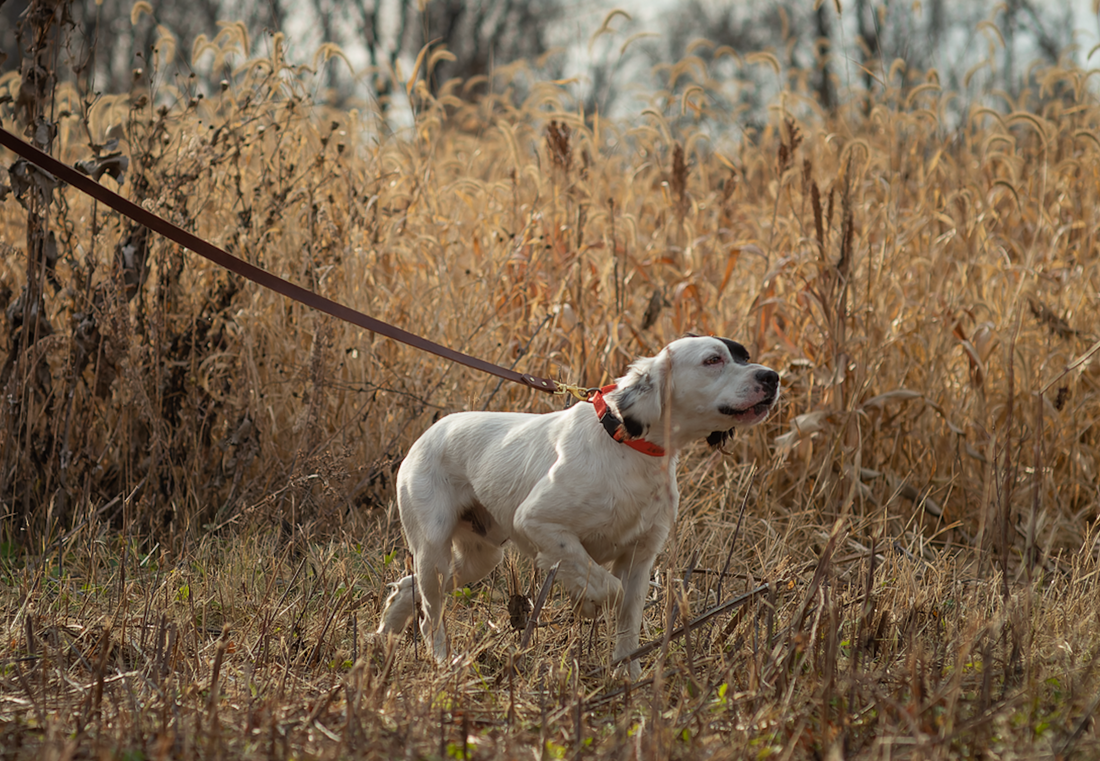Mosquitoes Spread Disease to Dogs: What You Need-to-Know About Heartworms
What is a heartworm? Does my pet have worms in her heart?
Yes - in fact, heartworm infection is caused by an infestation of parasitic worms within the heart of canines (and sometimes feline and other mammalian species). Writhing, foot long clusters of vampire-like worms feeding on the blood of your pet.
How does this happen?
A pet becomes infected with heartworms when a mosquito who has fed on an infected mammal carries the parasite and spreads the disease to its next host while feeding on it. Once the parasite is introduced into a new host, it takes about 6 months for the heartworm larvae to mature into adults and lodge themselves within the heart. Mature worms live in the heart and associated major blood vessels for around 5 to 7 years if not treated, and this is where they cause mayhem.
How can I protect my pet?
Unless you live in an area too dry or too cold to support the mosquito life cycle, these pesky flying blood feeders need to be on your radar year-round due to their role in the spread of numerous infectious and life threatening diseases. In regions were mosquito populations are dense, insect repellent products may be beneficial to reduce incidence of mosquito bites. This proactive measure by itself is not enough to prevent heartworm transmission to your pet. Heartworm prevention medications must be prescribed by your pet’s doctor. Over-the-counter deworming products do not kill or prevent heartworms! These products only treat intestinal parasites. Your vet can explain several heartworm prevention options available to fit your pet’s individual needs. Monthly topical or oral preventives or an injectable long-acting preventive are among the most common ways to protect your dog from heartworm infection.
Do positive dogs look sick?
Not always. A dog with heartworms may not have symptoms at first. As the number of adult worms preset increases in number, vague symptoms including cough, exercise intolerance, increased respiratory rate, failure to thrive and occasionally sudden death may occur. Worms present in the heart physically block normal blood flow through the heart chambers and impair blood flow in the lungs. Symptoms develop once severe damage has occured to the lungs and heart.
What tests are used to diagnose?
A parasite screening test is performed using a few drops of blood from the pet to determine if it is heartworm positive. If the screening test is positive, additional tests are utilized to confirm infection including imaging of the pet’s chest and examination of a blood sample under the microscope. The severity of the pets infection will help determine the course of treatment.
When can I start prevention medication?
Puppies can begin heartworm prevention without first performing a blood parasite screening test. Dogs and puppies over age 6 months are recommended to have a screening test prior to starting prevention, and then annually thereafter to make sure prevention is effective. Lapses in protection can occur due to forgotten doses, drug resistance, and pets that vomit or spit out preventives. Most veterinarians recommend year round heartworm prevention in at-risk regions.
The cost of prevention is minimal compared to the health risk and cost of treatment in of a heartworm positive pet.
I rarely say this as a veterinarian because I don’t encourage my clients to internet search their pet’s symptoms only to become paranoid; however, if you need additional motivation to get your pet tested and on prevention, perform an internet image search of canine heartworms. It’s graphic. *Visit the American Heartworm Society website for more info: www.heartwormsociety.org
### Amanda Burow, D.V.M. (Dr. B), is a graduate of Iowa State University’s College of Veterinary Medicine. Dr. Burow’s patient list includes hunting dogs of all varieties, as well as several field trial dogs and full time sporting guide dogs. In addition to practicing general veterinary medicine, she has special interest in the areas of preventive care, emergency medicine, and dermatology. In her spare time, she enjoys being outdoors and on the lake, staying active, reading, and spending time with family and friends. Mud River is proud to share these tips from Dr. B with our customers. Keep in mind it is best to work with your local veterinarian to determine the needs for your animals.










